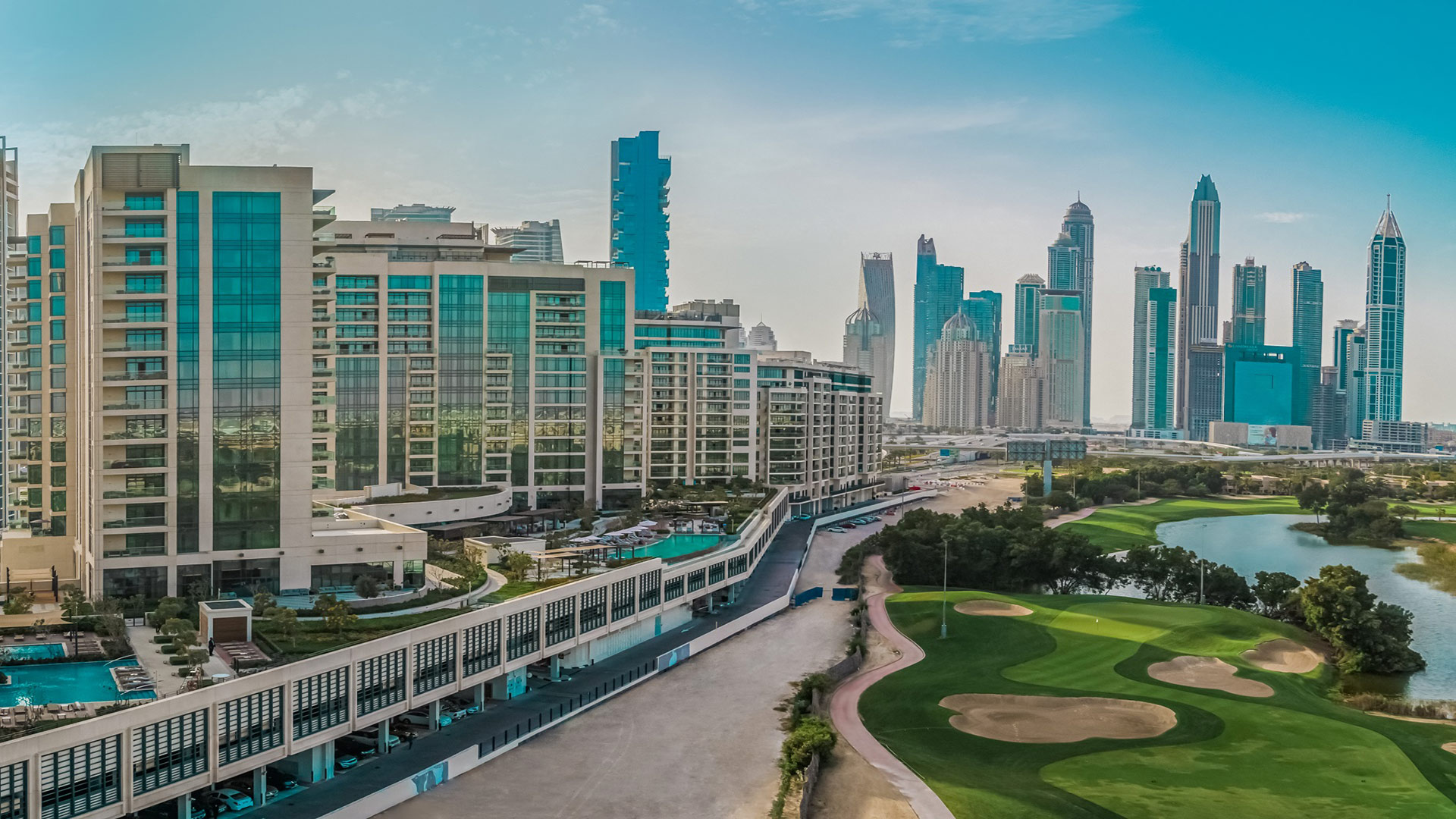Buying property in the UAE has become one of the most attractive opportunities for expatriates worldwide. With Dubai and Abu Dhabi emerging as global real estate hubs, expats are no longer limited to renting; they can now purchase freehold properties in designated areas, enjoy long-term ownership, and even secure residency visas.
Suppose you are an expatriate looking to invest, live, or build wealth in the UAE. In that case, this step-by-step guide will walk you through the entire process, from legal eligibility to financing and property registration.
Why Expats Are Buying Property in the UAE
The UAE has transformed into a global property hotspot thanks to its:
- Tax-free environment (no income tax, no capital gains tax).
- High rental yields (Dubai offers some of the best ROI globally).
- Stable economy and world-class infrastructure.
- Residency opportunities through property investment (such as the Golden Visa).
- Growing demand for luxury and off-plan projects in Dubai and Abu Dhabi.
With these advantages, owning property is no longer just for Emiratis—it’s open to qualified foreign buyers as well.
Step 1: Understand Who Can Buy Property in the UAE
Expats can purchase property in designated freehold areas. These areas allow 100% ownership of property and land, as opposed to leasehold, where ownership is limited to 99 years.
Popular Freehold Areas in Dubai:
- Dubai Marina
- Downtown Dubai
- Palm Jumeirah
- Jumeirah Village Circle (JVC)
- Dubai Hills Estate
- Business Bay
Popular Freehold Areas in Abu Dhabi:
- Yas Island
- Saadiyat Island
- Al Reem Island
- Masdar City
Key Point: Not every area in the UAE is open to expat ownership. Always confirm if the property is in a freehold zone before proceeding.
Step 2: Check Your Eligibility
Most expatriates can buy property in the UAE, regardless of nationality. However:
- You do not need UAE residency to purchase property.
- Having residency may make the process easier, especially for financing.
- Expats can buy property either individually or through a company setup.
Step 3: Choose the Right Property
There are two main types of properties expats can invest in:
-
Off-Plan Properties
- Purchased directly from developers before completion.
- Lower prices and flexible payment plans.
- Higher potential ROI but slightly higher risk if project delays occur.
-
Ready Properties
- Move-in ready.
- Immediate rental income opportunities.
- Higher upfront costs compared to off-plan.
Tip from Cullinan Casa: If you’re a first-time expat buyer, consider ready properties for more security, unless you’re looking for long-term investment gains through off-plan projects.
Step 4: Secure Financing (If Needed)
Expats can apply for mortgages in the UAE. However, eligibility and down payment rules apply:
- Minimum down payment for expats: 20–25% of the property value.
- Mortgage term: Up to 25 years.
- Banks offering expat mortgages: Emirates NBD, ADCB, Mashreq, HSBC, etc.
Example: If you’re buying a property worth AED 1,000,000, you must pay at least AED 200,000 upfront as a down payment.
Step 5: Hire a Real Estate Agent or Developer
Work only with RERA-licensed real estate agents or reputable developers. A registered agent can:
- Help you shortlist properties.
- Assist with paperwork and legal checks.
- Negotiate prices on your behalf.
Cullinan Casa works directly with trusted developers across Dubai and Abu Dhabi, ensuring expats buy safely without hidden risks.
Step 6: Make a Formal Offer and Sign the Agreement
Once you’ve selected a property:
- Submit an offer letter.
- If accepted, sign the Memorandum of Understanding (MOU) with the seller.
- Pay a 10% deposit (usually held by the broker or developer until transfer).
Step 7: Obtain a No Objection Certificate (NOC)
The developer issues an NOC confirming there are no outstanding service charges or liabilities on the property. This is required before final registration.
Step 8: Register the Property with the Land Department
The final step is registering the property with the respective land authority:
- Dubai: Dubai Land Department (DLD).
- Abu Dhabi: Department of Municipalities and Transport (DMT).
Required Documents:
- Original passport and copies.
- Emirates ID (if resident).
- Sale agreement (MOU).
- Payment receipts.
Registration Fee: Around 4% of the property value in Dubai.
Once registration is complete, you will receive a Title Deed as proof of ownership.
Step 9: Apply for a Residency Visa (Optional)
Expats who buy property worth AED 750,000 or more are eligible for a 3-year renewable residency visa. If the property is worth AED 2 million or more, you may qualify for the 10-year Golden Visa.
This makes property ownership even more attractive, as it provides stability for families and long-term investors.
Step 10: Plan for Additional Costs
When budgeting, keep in mind:
- Transfer fee: 4% of property value (Dubai).
- Agency commission: 2% of property value.
- NOC fees: AED 500 – AED 5,000.
- Mortgage fees: Around 1% of loan amount.
- Service charges: Annual maintenance costs based on property size and facilities.
Benefits of Buying Property in the UAE as an Expat
- Full ownership rights in freehold zones.
- Residency visa opportunities.
- High rental yields (up to 8–10% in some communities).
- Tax-free investment environment.
- Strong potential for property value appreciation.
Conclusion
Buying property in the UAE as an expat is now easier than ever. With a transparent legal framework, attractive financing options, and strong investment returns, Dubai and Abu Dhabi stand out as top global real estate destinations.
At Cullinan Casa, we guide expatriates every step of the way—from choosing the right property to completing registration and even securing residency visas. Whether you’re investing for rental income, long-term growth, or personal living, the UAE offers unmatched opportunities.





